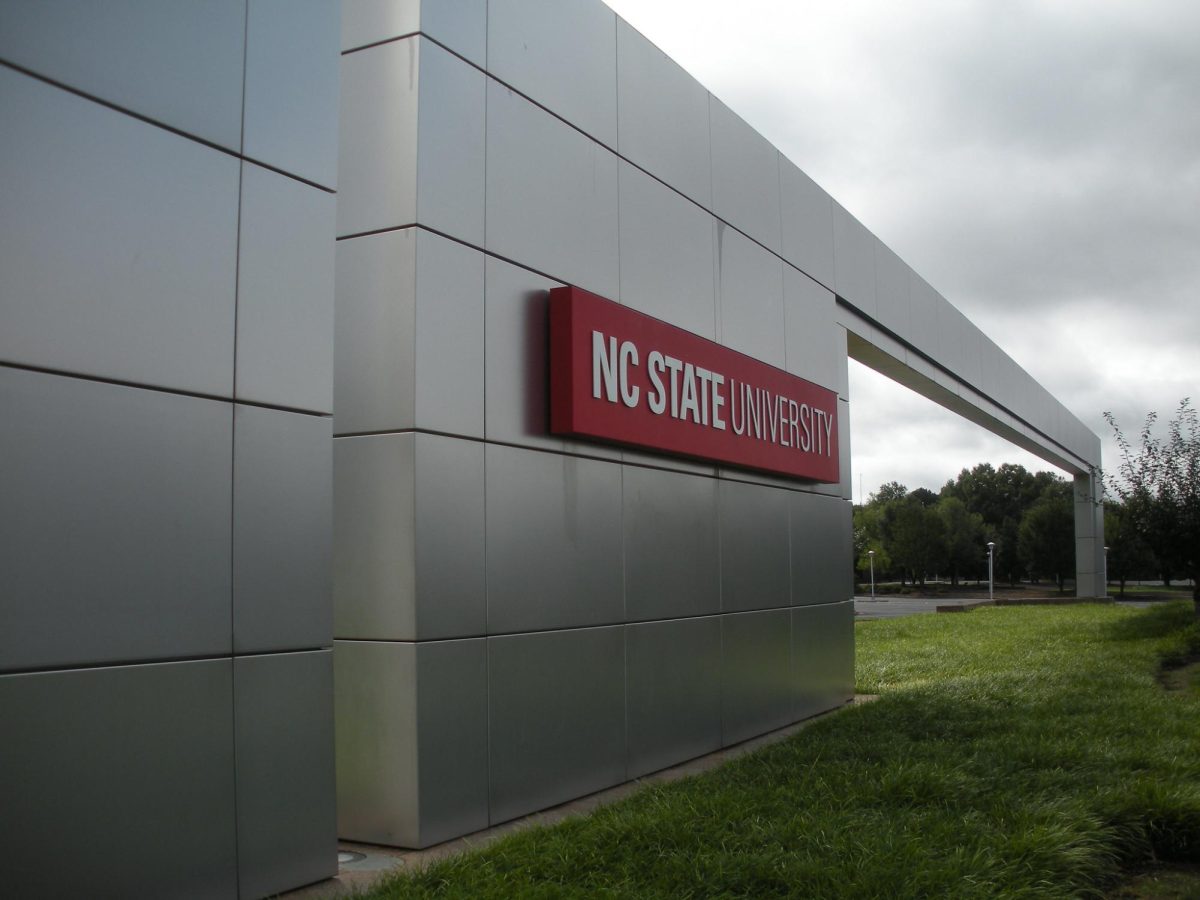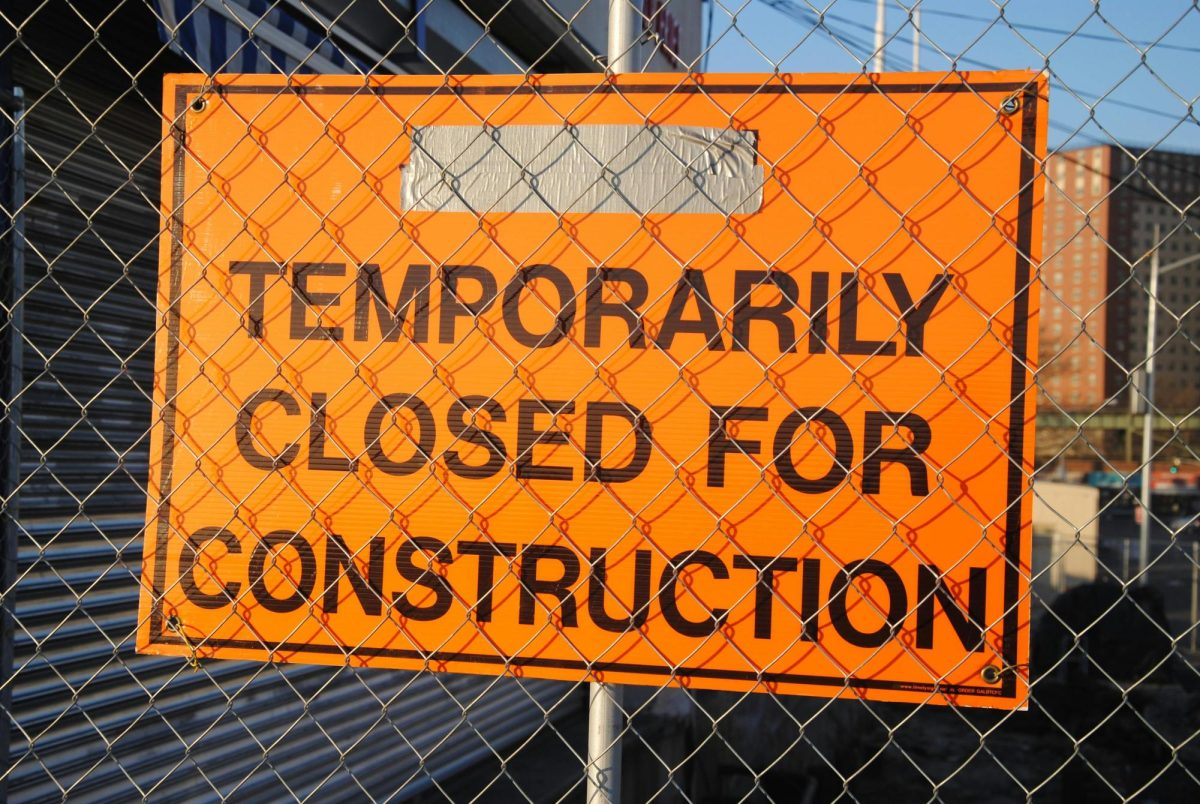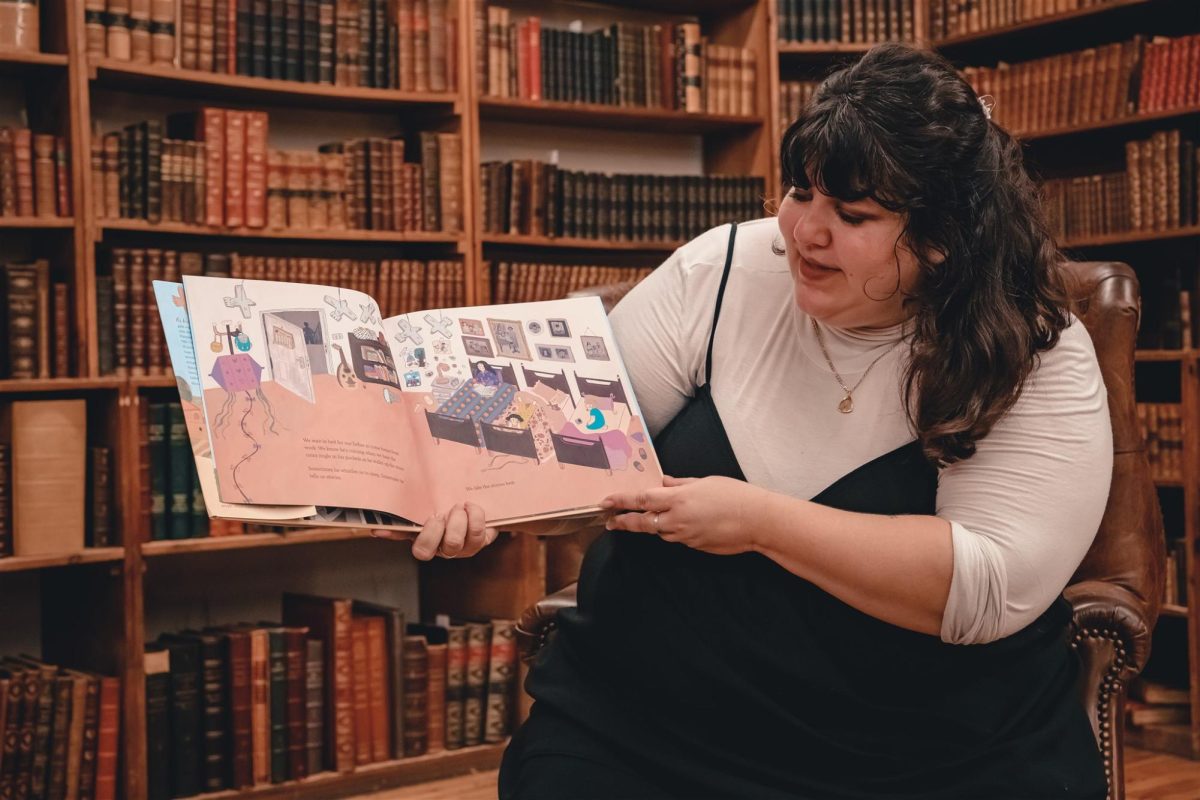Nia Doaks | Managing Editor
Aaliyah Singleton | Staff Writer
Pack Poll, an N.C. State student polling entity, recently polled students on their feelings concerning the events in Ferguson. The findings served as a source of insight into the Pack’s perspective on an issue that continues to divide the nation.
The survey was conducted on a random sample of 3,500 N.C. State undergraduates with an oversample of 300 additional black students in order make more reliable comparisons based on students’ race.
“Anybody dying unjustly is an issue,” said Alexis Teasdell, a recent graduate of N.C. State, during the discussion.
The findings show that N.C. State students are very much aware of the events in Ferguson, with 79 percent of students reporting that they are following the events in Ferguson at least ”a little bit.” 44 percent reported following the events either “fairly closely” or “very closely.”
Race plays a major role in determining opinions on Ferguson, according to researchers, “students’ race is the predictor of opinions about Ferguson.” Indeed across a number of issues the data appears to draw upon racial divides. In particular, questions that concern the presence of racial aspects to Ferguson, as well as police and protester behavior seem to be high areas of contention for Black and white students.
While no one reported the police being stricter on white people, 91 percent of black and 45 percent of white students believed the police to be strict in regards to black people.
In regards to the racial aspects of Ferguson, Black students little more than doubled the percentage of white students who felt that Ferguson raises important questions about race with 88 percent in agreement with the statement. Only 43 percent of white students agreed while over 56 percent of white students believed that Ferguson was getting more attention than it rightfully deserved. A similar conclusion was drawn from opinions on police and protesters behavior.
On Thursday, August 28, The Kappa Lambda Chapter of Omega Psi Phi Fraternity, Incorporated and the Kappa Omicron Chapter of Alpha Kappa Alpha Sorority, Incorporated collaborated to put on an event to discuss the recent events in Ferguson, Missouri surrounding the death of Mike Brown.
“#Don’tShoot” served as an open forum to discuss the events in Ferguson. One of the first and most important questions that were asked was: should race be an issue [in this case] or is justice the issue?
What followed was an emotional discussion about the part that race is playing with the portrayal of this case. The main consensus that the group came to is that, regardless of race, a crime was still committed.
“Anybody dying unjustly is an issue,” said Alexis Teasdell, the 2012-2013 African American Advisory Board Chair, during the discussion.
The Pack Poll, as stated previously, yielded interesting results in the demographics that believe race played a big part in this case.
The events in Ferguson bring about a clear racial divide in terms of how students perceive the issue.
“I don’t think that it is anything malicious—I just don’t think that white people know what it’s like to be black,” said Desmond Sellman, a senior in communication. “It’s not that they agree with what’s going on or they think that it’s okay. They just don’t know.”
This is a major point that was touched on during the event on Thursday.
“It’s hard for people to connect to something that they don’t know,” said Rashad Hamilton, a senior in political science. “It’s hard for them to understand issues of being profiled when they have never experienced [it]. When they hear the same old labeled story about us being profiled, it’s alien to them.”
According to the Poll, one area of agreement is in regards to personal experiences with police personnel most reported to have been treated fair during past interactions with police. However, race again played a hand in this as there was an observable difference between the 87 percent of white students who reported being treated fairly and the 78 percent of black students who said they received fair treatment.
This statistic was an unexpected surprise, considering the number of negative interactions between law enforcement and black citizens this summer alone; however, researchers were quick to offer a possible explanation into the matter.
According to Pack Poll advisor Dr. Michael D. Cobbs, “By and large, N.C. State students have very similar socioeconomic backgrounds which could account for the overwhelmingly positive interactions with the police. The lack of socioeconomic diversity lends itself to fairly comparable experiences and expectations for interactions with law enforcement agents..”
Another area of agreement concerned with race was who the police seemed to be tougher on. While no one reported the police being stricter on white people, 91 percent of black and 45 percent of white students believed the police to be strict in regards to black people.
Recent polls conducted by the Pew Research Center and YouGov, an online panel, have found stark racial divides on both the events in Ferguson themselves as well as questions that the events and the protest have raised. Pack Poll’s research confirms these findings, and illustrates that students–like the rest of the nation–are sharply divided by race on how they view Ferguson and some of the questions that the event has raised.






